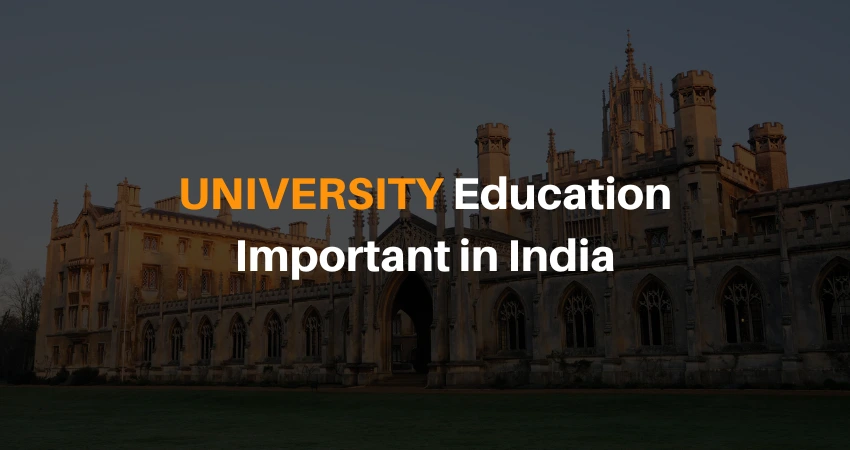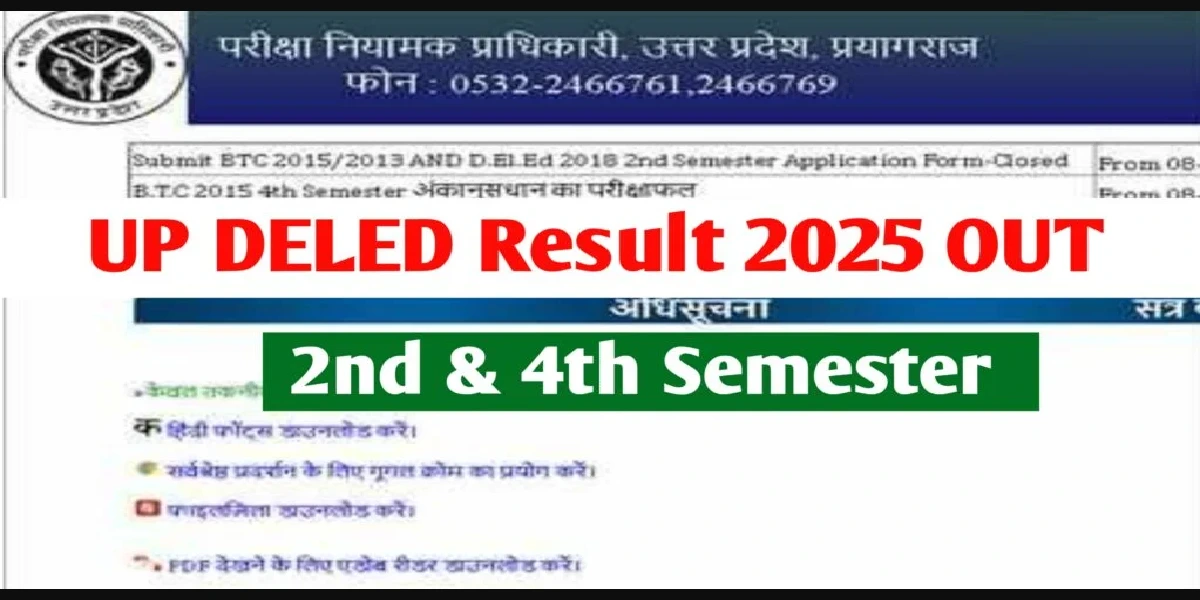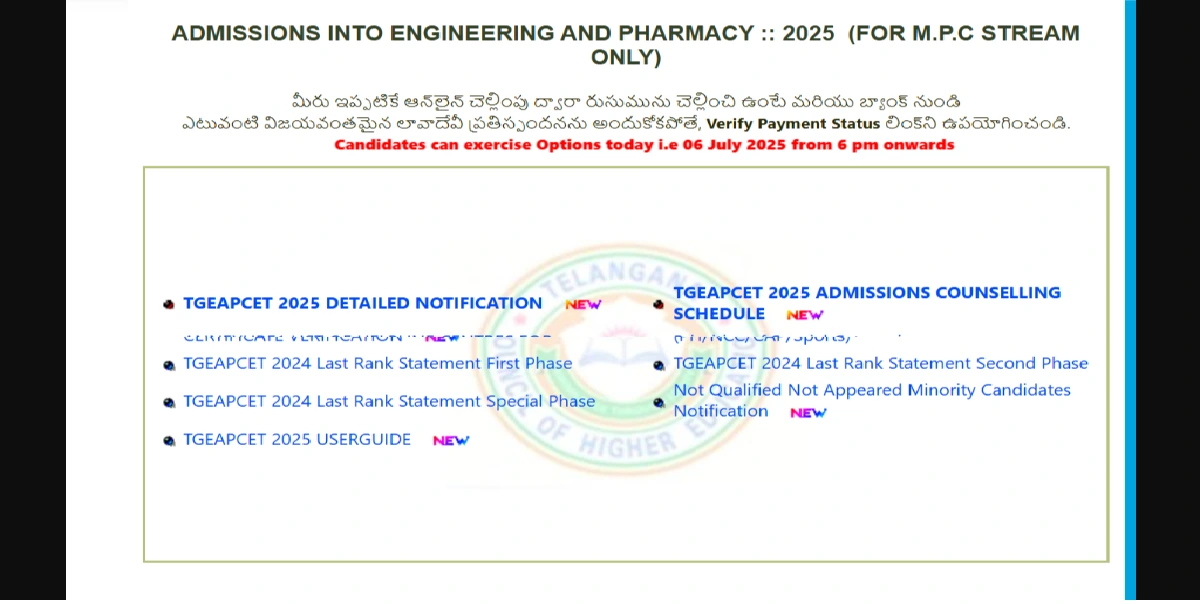In today’s world, a standard university education is essential for perpetual human development. University or higher education helps develop analytical and strategy-development skills. It supports intellectual exploration and character building.
Besides, higher education encourages students to identify and set career objectives and prepare them for professional settings. As a result, a strong education contributes to the student’s economic, physical, and social prosperity.
India ranks second in the world in having the largest higher education system. The phrase’ University education’ means post-secondary or tertiary education provided by a university after the completion of 12 years of schooling or its equivalent.
It includes undergraduate, graduate, and postgraduate programs offering academic degrees like bachelor’s, master’s, and doctoral degrees, etc. The Indian higher education system includes over 1,000 universities and more than 42,000 colleges.
Let’s see how a university education contributes to the prosperity of a nation or a country;
10 Major Objectives of University Education
- The main objective of higher education is to offer challenging and well-rounded academic programs to encourage excellence in learning. Institutions work hard to deliver high educational principles to ensure students understand their selected fields thoroughly.
- In University, students study a specialization in a specific field that helps them gain in-depth knowledge and expertise in their chosen fields. This specialization empowers them for careers and roles requiring specialized industry skills.
- University studies promote critical thinking, motivating students to think analytically and interpret information logically. Moreover, this study encourages them to focus on problem-solving skills to handle complex issues in their careers and practical lives.
- Higher education institutions serve as centers of research and advancement. This study allows students and faculty to participate in research, learn more about the advancement of knowledge, foster technological innovations, and develop solutions to practical challenges.
- This advanced level of education fosters thorough personal development in students. It builds up characters, ethical principles, leadership skills, and social responsibility to prepare them for responsible and gentle citizenship.
- University education promotes awareness of different perspectives, heritages, and thoughts. Global awareness and cultural perception enable students to cultivate a broad and liberal approach.
- This education system nurtures a passion for learning that lasts over graduation. Graduates are motivated to adopt lifelong learning, accept new challenges, pursue career growth, and remain relevant in an ever-changing environment.
- The university’s learned skills and competencies support students in building successful careers while offering internships, hands-on experiences, and networking opportunities to boost their career potential.
- Higher education provides opportunities for social and economic mobility to students from underprivileged contexts. It helps break down barriers and creates pathways to better opportunities and an enhanced quality of life.
- Higher education is important for developing social responsibility and motivating students to make positive contributions to their societies. It is vital in shaping responsible, productive citizens dedicated to changing society.
How a Graduate is Different from an Ordinary Individual?
- A graduate differs from an ordinary individual through the depth of knowledge and the development of critical thinking, problem-solving, and analytical skills. While an ordinary person may have access to information, a graduate’s education equips them to evaluate, apply, and innovate according to their knowledge.
- Education nurtures intellectual abilities, wisdom, ethical values, and leadership qualities.
- Graduates are trained to adapt to changes, approach challenges strategically, and contribute meaningfully to society, distinguishing them from those without formal higher education who may lack these refined skills and broader perspectives.
- A graduate’s education also fosters a sense of responsibility, social awareness, and the ability to collaborate effectively in diverse environments. This well-rounded preparation enables them to make informed decisions, contribute to professional growth, and address complex societal issues with confidence and integrity.
Instructions of the Indian Education Commission (1964-66)
The Indian Education Commission (1964-66) emphasized cultivating new knowledge and interpreting old beliefs in light of modern requirements.
It called for developing leadership across various sectors and nurturing gifted youth with physical fitness, moral values, and intellectual growth.
The Commission stressed the importance of producing skilled professionals in agriculture, the arts, medicine, and technology, all of whom are committed to social justice.
It advocated promoting equality and reducing social differences through the spread of knowledge. Moreover, it highlighted the importance of fostering positive attitudes and values in teachers and students to contribute to a better society.
University education allows individuals to contemplate important social, economic, cultural, moral, and spiritual challenges humanity faces. It plays a vital role in national development by sharing advanced knowledge and skills. As the pinnacle of the educational hierarchy, training educators for the broader education system is also essential.
Moreover, this specialized education system is important in advancing informational society. It assists both directly and indirectly to a nation’s well-being. We can say that a higher level of education shapes a country’s future.
Read More: IIT Madras online courses fee structure of data science






